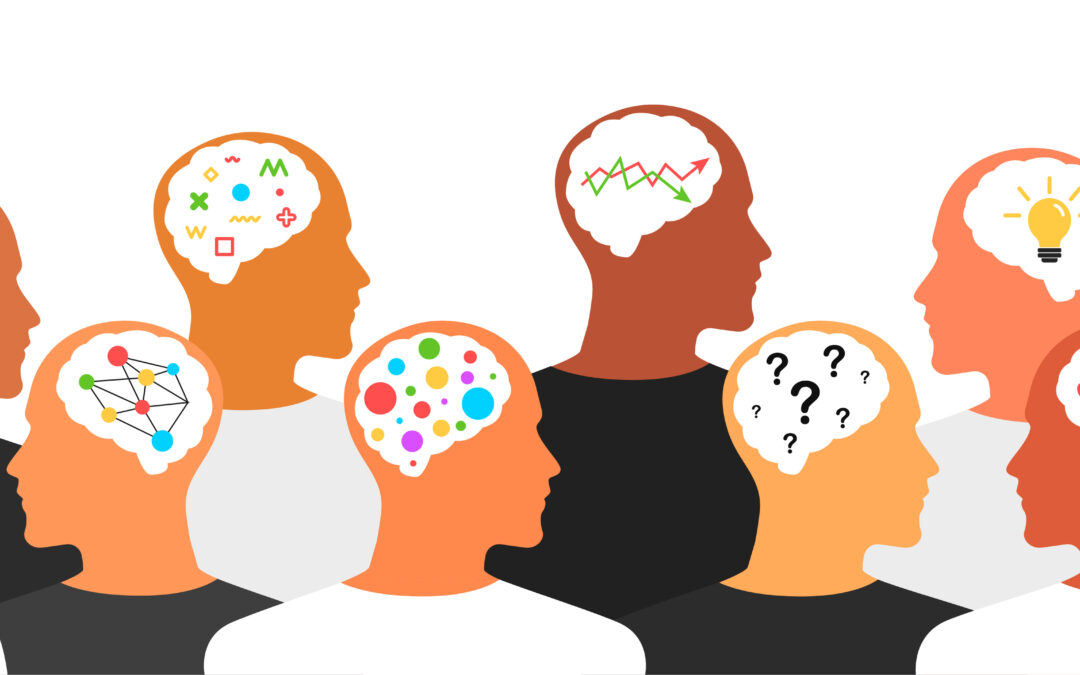Neurodiversity refers to the idea that neurological differences, such as autism, ADHD, dyslexia, and others, are natural variations of the human brain and should be accepted and respected in society. Neurodiverse individuals can be found in various professions, including data science. Here’s some information on data scientists who are neurodiverse:
- Autistic Data Scientists: Some individuals on the autism spectrum excel in data science due to their attention to detail, ability to spot patterns, and deep focus. Their unique perspectives can contribute to innovative problem-solving in data analysis and machine learning.
- Data Scientists with ADHD: People with ADHD often have a high level of energy and can thrive in fast-paced environments, which can be beneficial in data science roles that require multitasking and managing multiple projects simultaneously.
- Dyslexic Data Scientists: Dyslexic individuals may have strengths in creative problem-solving and thinking outside the box. These skills can be valuable in data science, especially when tackling complex and unconventional problems.
- Data Scientists with other Neurodiverse Traits: Other neurodiverse traits, such as dyspraxia, Tourette syndrome, or sensory processing differences, can bring unique perspectives and skills to the field of data science.
- Accommodations and Inclusivity: To support neurodiverse data scientists, organizations are increasingly recognizing the importance of creating inclusive work environments. This includes providing accommodations, flexible work arrangements, and fostering a culture of acceptance and understanding.
- Contributions and Benefits: Neurodiverse individuals can make significant contributions to the field of data science. They may excel in areas like data quality control, anomaly detection, and optimization, among others.
- Advocacy and Support: Various advocacy groups and initiatives focus on promoting neurodiversity in the workplace, including in data science. These efforts aim to raise awareness, provide resources, and encourage inclusive hiring practices.
- Training and Skill Development: Some programs and organizations offer training and skill development opportunities specifically tailored to neurodiverse individuals interested in pursuing careers in data science.
It’s essential to recognize that neurodiversity brings a range of talents and skills to the field of data science, contributing to a more diverse and innovative workforce. Companies that embrace neurodiversity can benefit from a broader range of perspectives and problem-solving approaches, ultimately leading to improved outcomes in data analysis and machine learning.

